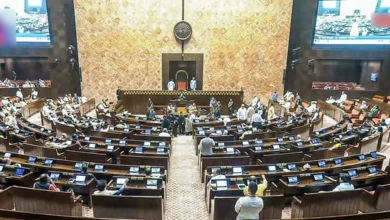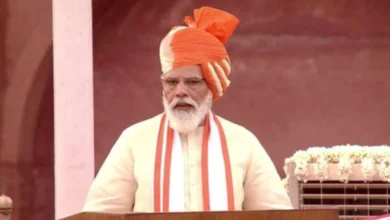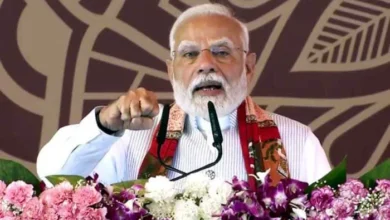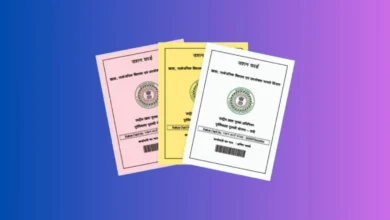8th Pay Commission: Key Salary & Pension Revisions Expected From January 2026

8th Pay Commission: The Government of India has approved the formation of the 8th Pay Commission, which is set to revise salaries and pensions for more than 1 crore central government employees and pensioners.
The new pay scales are expected to come into effect from January 1, 2026.
A key aspect of the commission’s recommendations is the revision of the “fitment factor,” a crucial multiplier used to adjust pay scales. While the 7th Pay Commission adopted a fitment factor of 2.57, the 8th Pay Commission is likely to propose an increase to 2.86. If accepted, the minimum basic salary would rise from the current ₹18,000 to ₹51,480, and the minimum pension would be revised from ₹9,000 to ₹25,740. The final recommendations will be submitted by the members appointed to the commission.
8th Pay Commission: Projected Salary and Allowance Revisions
The 8th Pay Commission is expected to bring comprehensive changes to the salary structure of government employees. Alongside revised basic pay, allowances such as House Rent Allowance (HRA) and Travel Allowance (TA) will be adjusted based on employees’ locations and job requirements. As a result, employees at the same pay level may see differences in their overall gross earnings depending on their entitlements to these allowances.
Higher salaries will also impact contributions to the National Pension System (NPS) and the Central Government Health Scheme (CGHS). Currently, employees contribute 10% of their basic pay and dearness allowance (DA) to the NPS, while the government matches this with a 14% contribution. These contributions will naturally rise in line with revised pay scales. CGHS charges will also be updated to reflect the new salary levels.
Preliminary estimates suggest substantial increases in pay across different grades. For example, an employee at Grade 2000 (Level 3) may see a basic salary of ₹57,456, with a gross salary of around ₹74,845 after adding HRA and TA. In Level 6, the revised basic could reach ₹93,708, pushing gross earnings to nearly ₹1.2 lakh. Similar increases are expected in higher grades.
While the 8th Pay Commission’s recommendations are expected to take effect from January 2026, the government has yet to announce the full Terms of Reference or formally appoint all commission members, leading to concerns about potential delays. Only partial notifications about staffing have been released so far, leaving many employees anxious about the timely rollout.
8th Pay Commission: Concerns Over Delays in Commission Formation
Employee unions have urged the government to clarify the process and avoid delays. In a recent National Council (Joint Consultative Machinery) meeting, union representatives also raised concerns about pending arrears from COVID-19-related DA and DR payments, but the Department of Expenditure rejected the demand, citing economic strain and increased welfare spending.
Officials also indicated that there would be no retrospective payment of DA for the period from January 2020 to June 2021, while a new Group Insurance Scheme is under review with staff input being sought before finalisation.
If the rollout is delayed, there is a possibility of backdated implementation, which would affect fiscal planning. Historically, previous pay commissions were formed 18-24 months before implementation to allow time for thorough preparation.
The government’s next steps-especially regarding formal notifications and appointments-will be critical in ensuring that the 8th Pay Commission’s recommendations are implemented on time, bringing much-anticipated relief to central government employees and pensioners.








